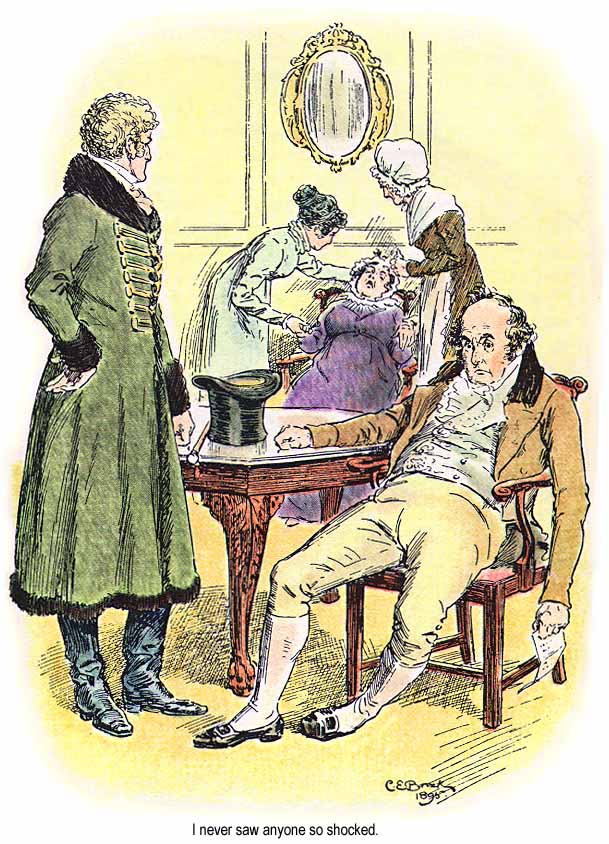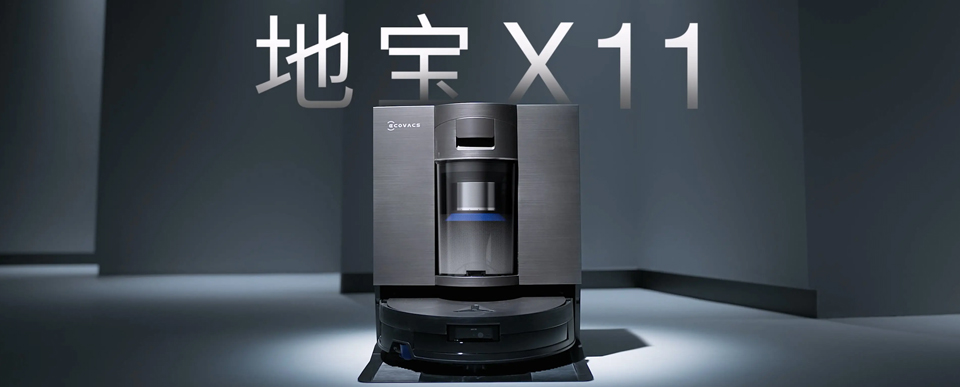
PrideandPrejudiceJaneAusten
孙伟东+谢君君
中圖分类号:TM88 文献标识码:A 文章编号:1009-914X(2017)10-0282-01
Far from being a fairy tale, Pride and Prejudice shows the oppressive reality of women's lives in the early nineteenth-centurys Britain. By depicting five types of marriages, Jane Austen shows us five types of men and women. It seems that marriage is based far more on money than on love at that time. But Jane is a lucky girl who is found by her Mr. Right. Among these patterns of marriages, I am quite impressed by the marriage of Jane and Bingley.
Generally, the marriage of Jane and Bingley is a felicitous one. Jane embodies many female virtues recommended by the traditional society: she is young, beautiful, docile, considerate and innocent, just like an angel. And Bingley is endeared by the “easiness, openness and ductility of his temper”. Bingley falls in love with her at the first sight, regarding her as “the most beautiful creature” he ever beheld, and dances with her twice at the party. He cares for Jane, being anxious when Jane is ill and feeling sad when she leaves. Jane also loves Bingley after the party. She expresses to her sister “how much she admires him”. In her eyes, Bingley is “just what a young man ought to be”, who is “sensible, good-humored, lively” and “with such perfect good breeding”. Both of them are kind and generous, always “taking the good of everybodys character and making it still better”, and“saying nothing of the bad”. Look from the surface, it seems that their marriage is an ideal one which is only the matter of true love but I think there are some hints of irony when the author describes their marriage.
First of all, money is an essential element in their marriage. Their marriage is a mundane marriage between a fair lady and a wealthy man. Jane is a docile, gentle, kind and innocent woman. Bingley is “a single man in possession of a good fortune” and hence Ms. Bennet considers him as “the rightful property” of one of her daughters. If Bingley does not own much fortune, Ms. Bennet will not wish to marry her daughter to him and hence Jane will not meet Bingley. In this way, their marriage is settled as something related to money at the very beginning. When Jane meets Bingley, she is attracted by his appearance, gentle manner, as well as his wealth actually. Because when her mother expresses her wish to marry one of them to this new wealthy neighbor, Jane does not show any disguise but is excited about this, without any idea of his appearance, manner and personality. This means she is kind of attracted by Bingleys wealth. Also, I think the poor situation of her family, including having little money, is one of the reasons why sometimes Jane lacks confidence in herself and doubts Bingleys love to her.
Second, both of them are passive in love. They are not brave enough to express their love to each other. After the party, though Jane is fascinated by Bingley, she does not tell him directly. Instead, she chooses to “express to her sister how very much she admired him”. After Bingleys leaving without saying goodbye, Jane is anxious and fears that Bingley will not come back. But in spite of what she feels, she is “desirous of concealing”. When she hears the news of Bingleys coming back, she says that this does not affect her “either with pleasure or pain”, but her sister Elizabeth can easily perceive that Janes spirits are affected by it. She is not sure about his love even when he comes to her visit. So she just pretends to be calm. As for Bingley, he also does not show his love obviously. In Elizabeths eyes, Bingley is “violently in love with” Jane, “growing quite inattentive to other people” and wholly being “engrossed by her”. But he himself never tells Jane that he loves her. There is an interesting thing: when he comes back to visit Jane, he hesitates whether to sit next to her. Jane happens to look around and smile, and then he decides to place himself by her. This detail shows that Bingley is also passive in love. They are kind of coward. In my opinion, they cannot get married without the help of Elizabeth and Darcy.
Third, the greatest irony, I think, is that both of them are weak in judgment, especially Bingley. There are many times when they are doubted about each others love. They cannot judge it from their conversations or facial expressions. Jane insists Bingley does not love her at all even if her sister Elizabeth strongly believes he loves Jane “violently”. As for Bingley, he is a person who tends to be persuaded and influenced by others easily. After he hears what the owner says about the Netherfield House, he believes all the words without any distrust and takes the house immediately. Elizabeth thinks he is “a simpleton indeed not to discover” Janes love. In her eyes, Bingley is easily directed by his friend Darcy. “On the strength of Darcys regardBingley had the firmest reliance, and of his judgment the highest opinion.”“There could not exist in the world two men, over whom Mr. Darcy could have such boundless influence.”After Bingleys engagement with Jane, Elizabeth still cannot help smiling at Darcys “easy manner of directing his friend”. Because of their weakness in judgment, they encounter many troubles in their love journey.
As we can see, Jane and Bingley are quite alike: both of them are kind, easy, docile and modest; they are coward and passive in love; and they are weak in judgment. These personalities not only slow down their love journey but also lead to some problems in daily life. In a word, though the marriage of Jane and Bingley is based on true love but there are still some ironies in their marriage, which are limitations of their time.
作者簡介
孙伟东(1996.06--),男,浙江省湖州人,杭州师范大学英语(师范)专业 本科生。
谢君君(1996.11--),女,浙江省温州人,杭州师范大学英语(师范)专业 本科生。









